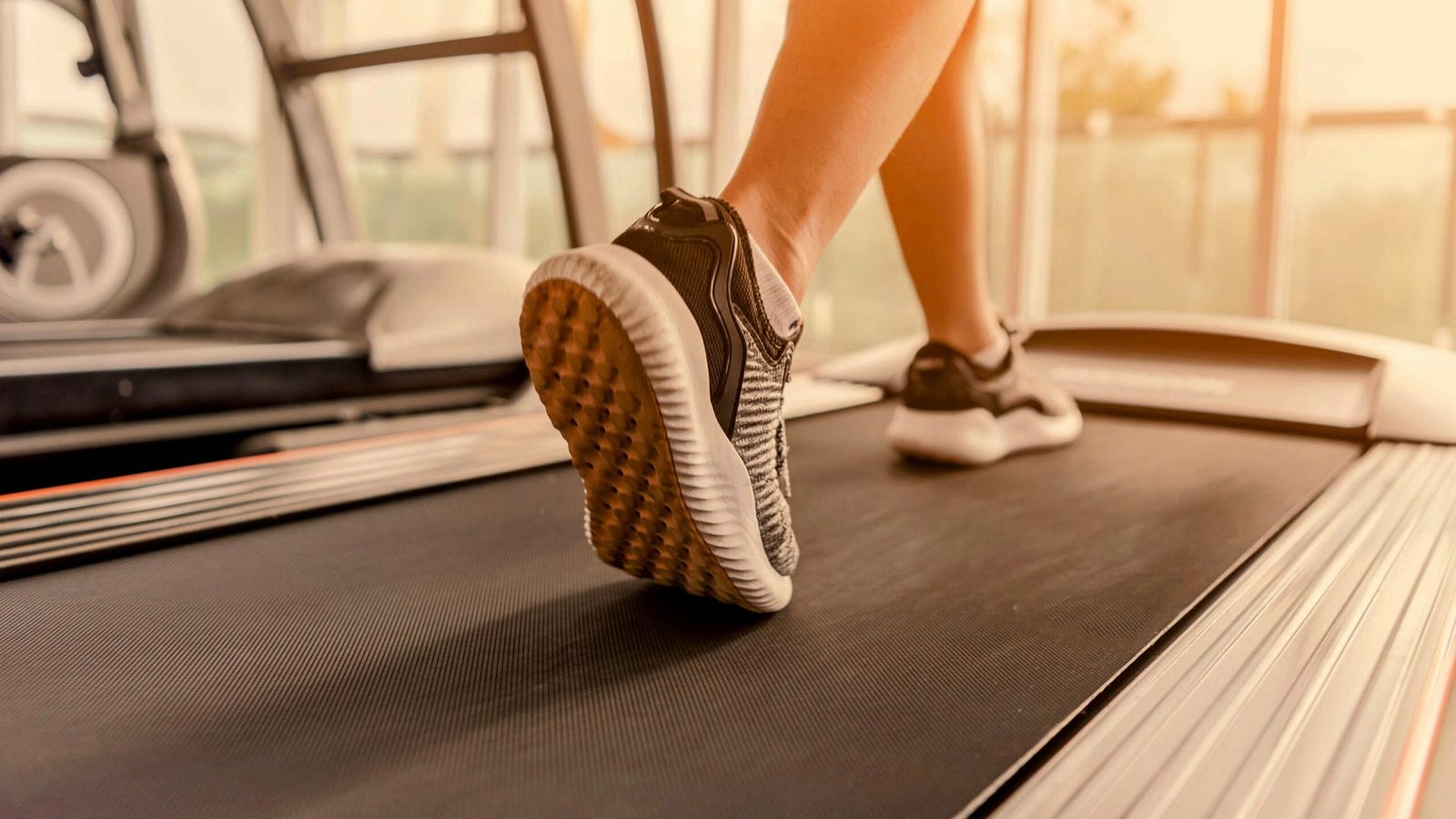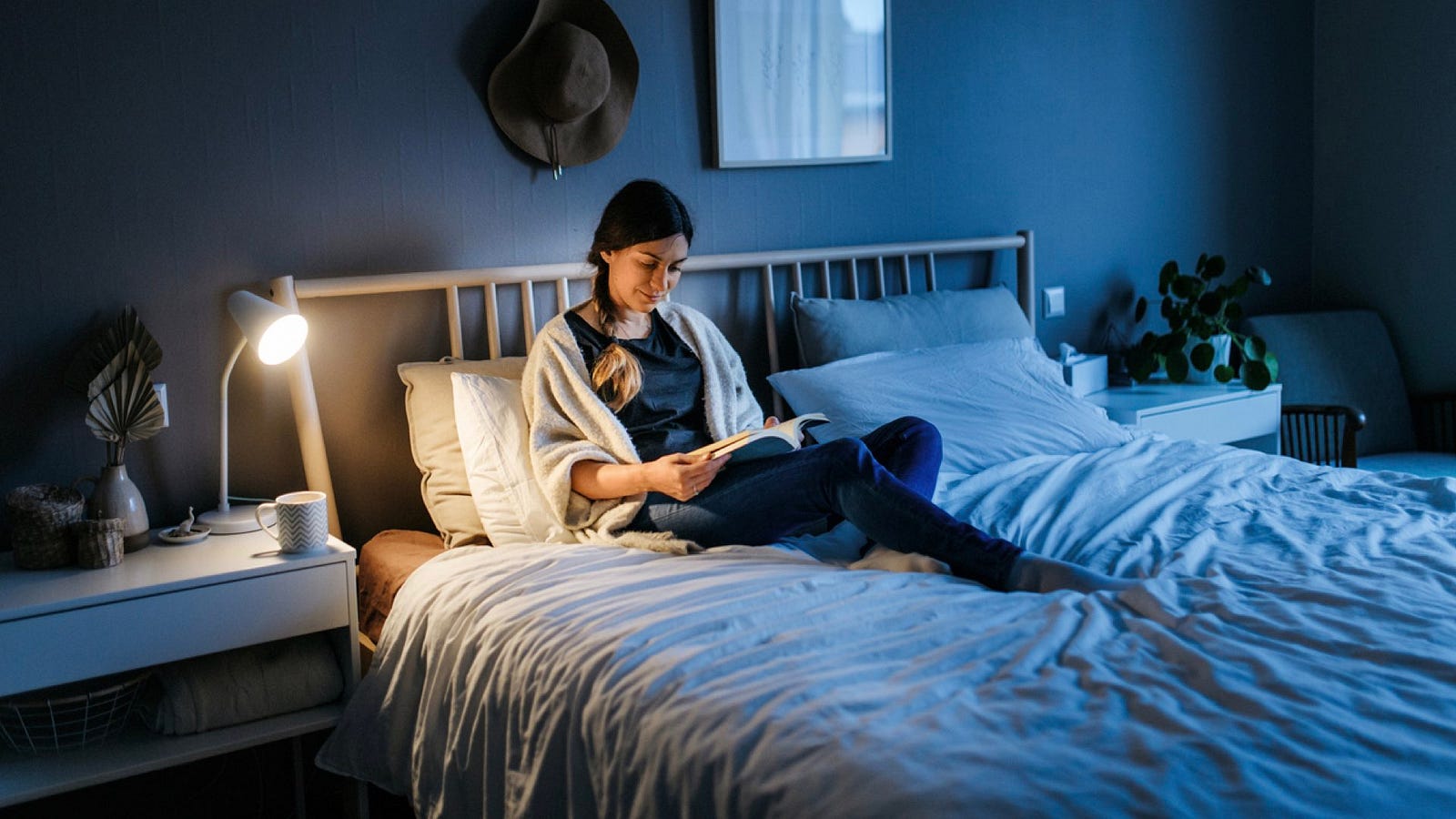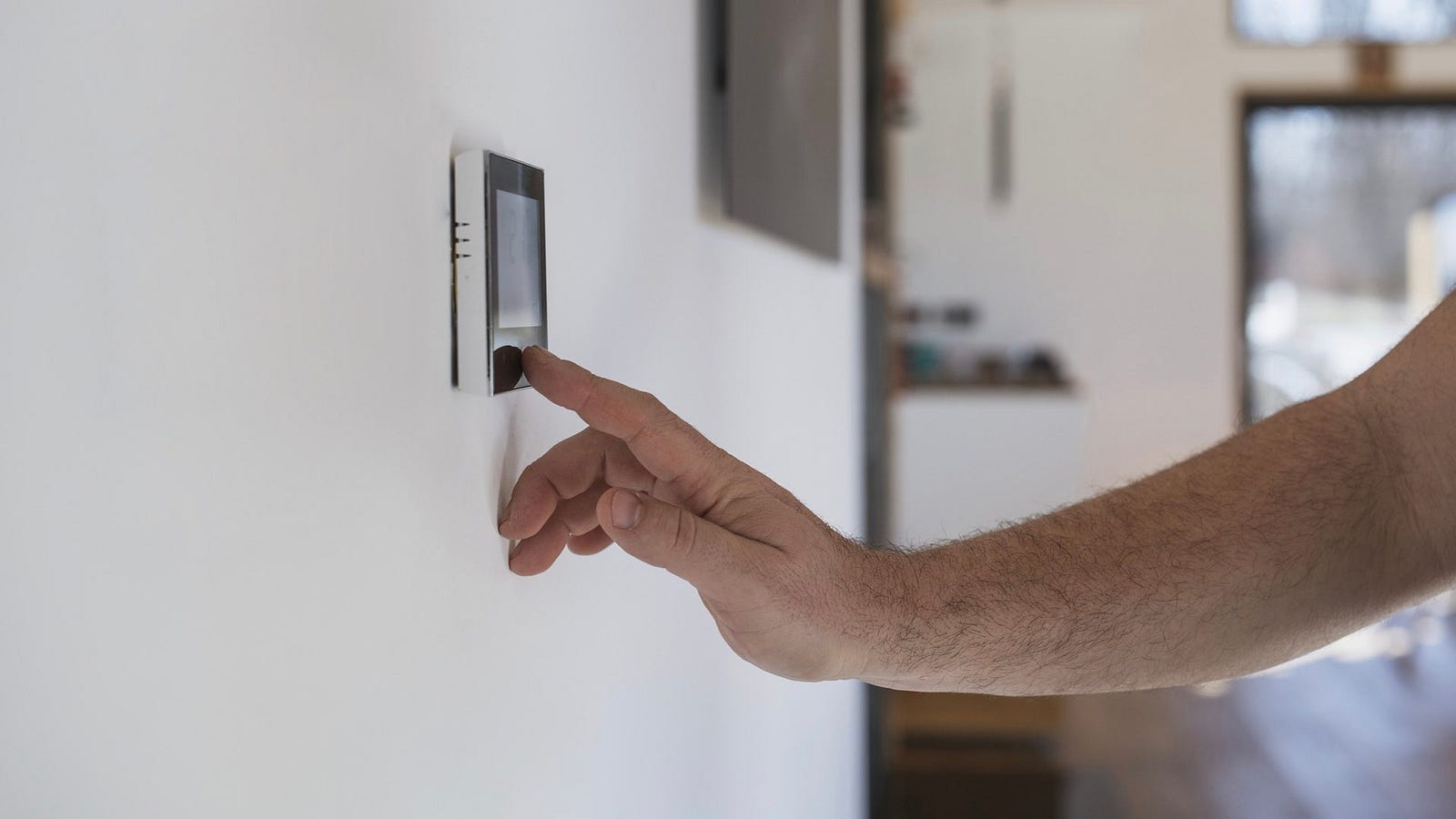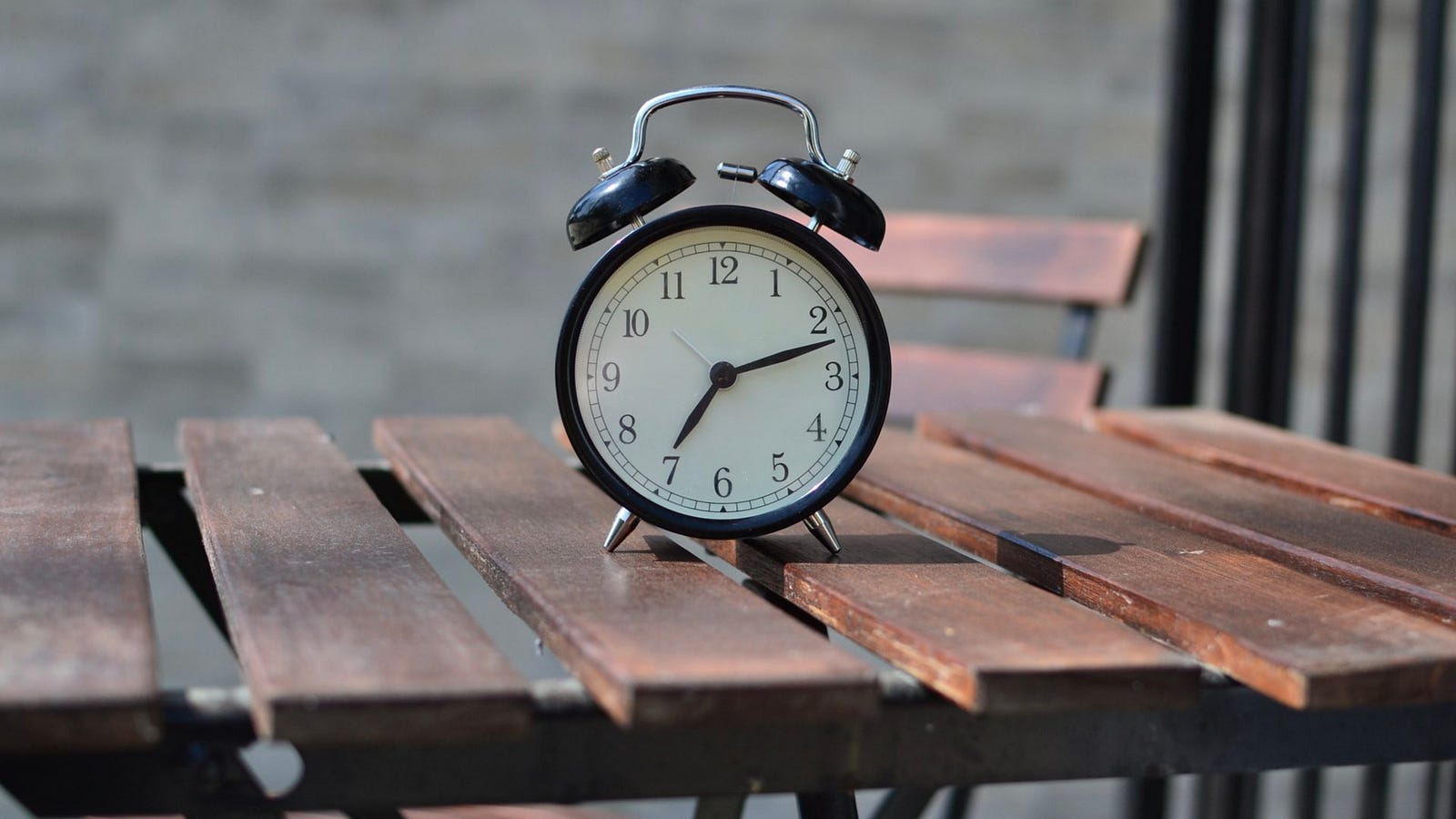Aspiring to be a morning person can be a challenging task for many. With busy schedules and often unpredictable sleep patterns, it might seem impossible to wake up early in the morning. However, with some simple tricks and lifestyle modifications, it is possible to train your body to start the day earlier.
Here are 10 tips to help you wake up early in the morning.
1. Get Regular Exercise
 |
| Get Regular Exercise |
One effective way to wake up early in the morning is to make sure you are regularly getting exercise. Not only does exercise help you fall asleep faster at night, it also boosts your energy levels and metabolism, which can make you feel more alert and awake in the morning. Even just 30 minutes of moderate exercise a day can make a big difference in your sleep quality and wakefulness the next day. Whether it's going for a run or taking a yoga class, finding a form of exercise that you enjoy and can stick with can help you establish a healthy sleep-wake cycle and make waking up early feel less daunting.
2. Mind Your Eating Habits Before Bedtime
 |
| Mind Your Eating Habits Before Bedtime |
What you eat and drink before bedtime can have a significant impact on your sleep quality. Try to avoid heavy meals or snacks right before bedtime, as they can disrupt your sleep and make it harder to wake up early in the morning. Instead, opt for light and healthy options that won't leave you feeling uncomfortable or bloated. Additionally, try not to consume caffeine or alcohol close to bedtime as these substances can interfere with your sleep quality. Ensuring that you have a peaceful night's sleep will make waking up early much easier and more enjoyable. So next time you find yourself reaching for a late-night snack, take a moment to reconsider your options. Opt for a nourishing choice that will not only satisfy your cravings but also promote a peaceful and restful sleep.
3. Create a Relaxing Bedtime Routine
 |
| Create a Relaxing Bedtime Routine |
Creating a relaxing bedtime routine can help signal to your body that it's time to wind down and prepare for sleep. This can include activities such as reading a book, taking a warm bath, or practicing meditation or deep breathing exercises. Try to establish a consistent bedtime routine and stick to it as much as possible, even on weekends.
4. Limit Light at Night
 |
| Limit Light at Night |
If you desire to wake up early, it is crucial to limit the light at night. The human body adjusts its circadian rhythm to the light-dark cycle, and bright light exposure in the evening suppresses melatonin production, a hormone that regulates sleep and increases alertness. You can limit light exposure by using dim or amber lights in the evening, avoiding electronic devices such as smartphones, tablets, and laptops that emit blue light. By limiting light, your body can produce melatonin at a suitable level, which enables you to fall asleep quickly and wake up early feeling refreshed.
5. Adjust the Temperature
 |
| Adjust the Temperature |
Adjusting the temperature in your bedroom can make it easier to fall asleep. Experts suggest keeping your room cool, between 60-67 degrees Fahrenheit, for optimal sleep. The cooler temperatures help signal to your body that it's time for rest and can improve the overall quality of your sleep. Additionally, setting a programmable thermostat or using a smart home device to gradually increase the temperature in the morning can stimulate your body to wake up naturally. To avoid feeling groggy, try not to vary the temperature too drastically from day-to-day and aim for consistency in your sleep environment.
6. Get Light First Thing in the Morning
 |
| Get Light First Thing in the Morning |
Exposure to natural light helps regulate your sleep cycles and can signal to your bodies that it's time to wake up. One easy way to do this is by opening your curtains or blinds right when you wake up, allowing sunlight to flood your room. If that's not possible or if you're waking up before sunrise, consider investing in a natural light alarm clock, which mimics the rising sun and gradually wakes you up with increasing light. You could also try going outside for a quick walk or jog as soon as you wake up to get some fresh air and sunshine.
7. Avoid Napping During the Day
 |
| Avoid Napping During the Day |
While it might seem tempting to catch a quick snooze, especially if you're feeling tired in the afternoon, it can really disrupt your sleep cycle and make it harder to fall asleep at night. Instead, try to stay awake and active until bedtime so that when you do hit the hay, your body is ready to get some restful sleep.
8. Enjoy a Morning Splurge
 |
| Enjoy a Morning Splurge |
To make it enjoyable, try incorporating a morning splurge such as brewing a fancy coffee or spending some time in nature before getting started with work. This can motivate you to get out of bed and start your day.
9. Put Your Alarm Clock Away From Your Bed
 |
| Put Your Alarm Clock Away From Your Bed |
This might sound counterintuitive, but it actually works by forcing you to physically get up and turn off the alarm. By doing so, you're more likely to stay awake instead of groggily hitting snooze multiple times. Additionally, if you find yourself constantly reaching for your phone first thing in the morning, consider using an actual alarm clock instead. This will prevent you from getting sucked into social media or email notifications that can further disrupt your sleep schedule.
10. Stick to a Routine
 |
| Stick to a Routine |
Consistency is key when it comes to waking up early. Try to go to bed and wake up at the same time every day, even on weekends. This can help regulate your body's sleep-wake cycle and make it easier to wake up in the morning.
#wakeup #wakeupearly #morning #earlymorning #bedtime #getupearly #morningroutine #morningmotivation #alarmclock #howto #lifestyle #getup #life #lifehacks #lifehack
Comments
Post a Comment